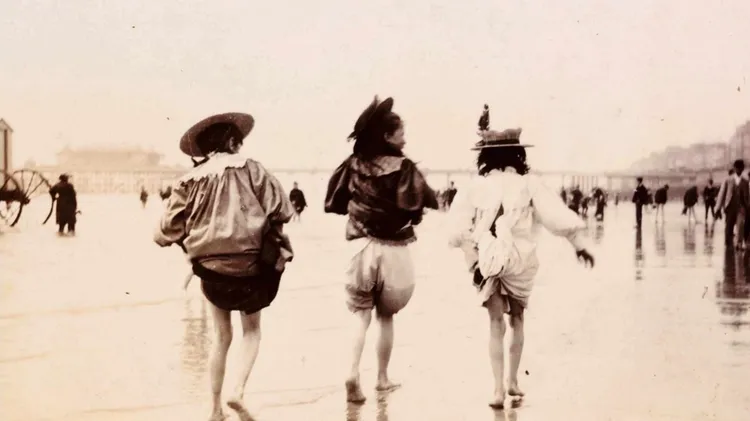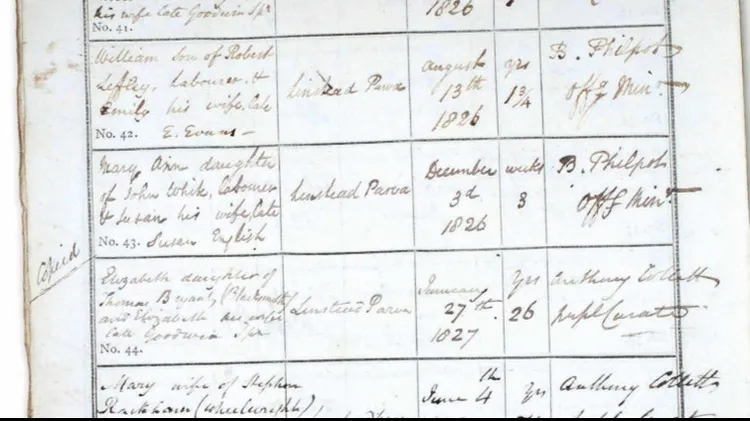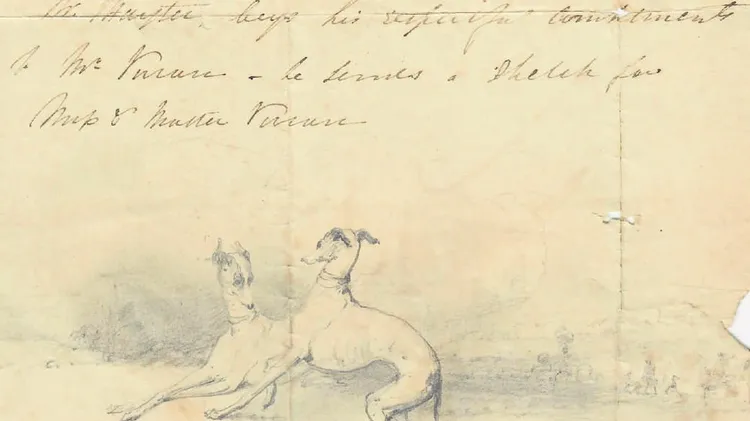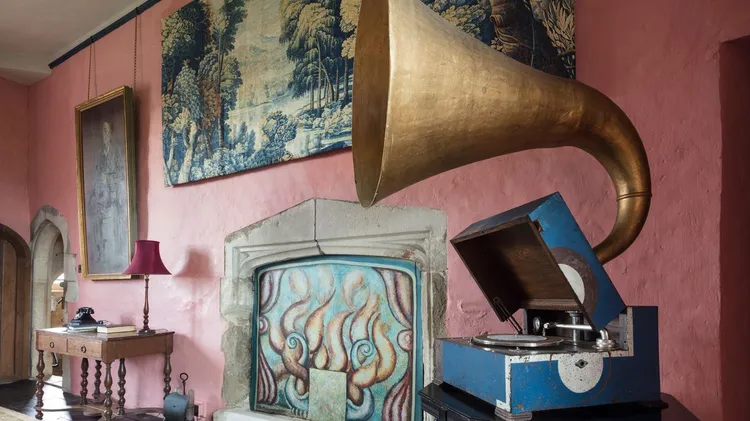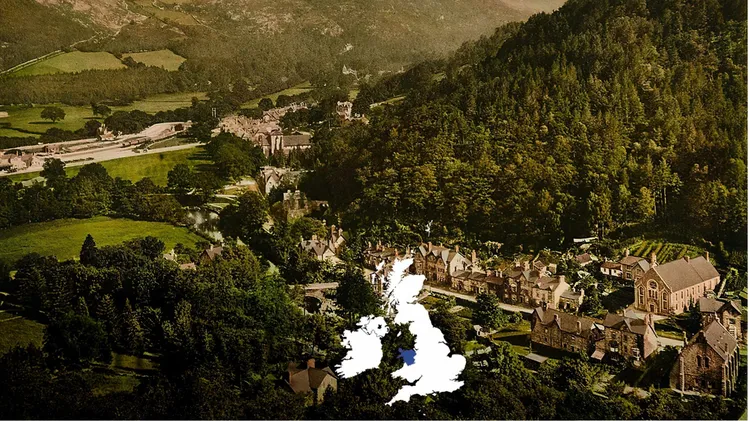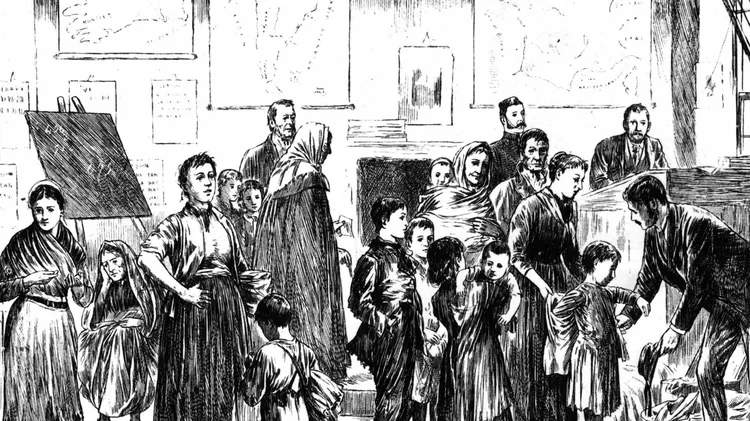Else Churchill explains how to research craftsmen and tradesmen in guilds and
Guilds & freemen
8 min read
This article is from...
Read this article and 8000+ more magazines and newspapers on Readly

